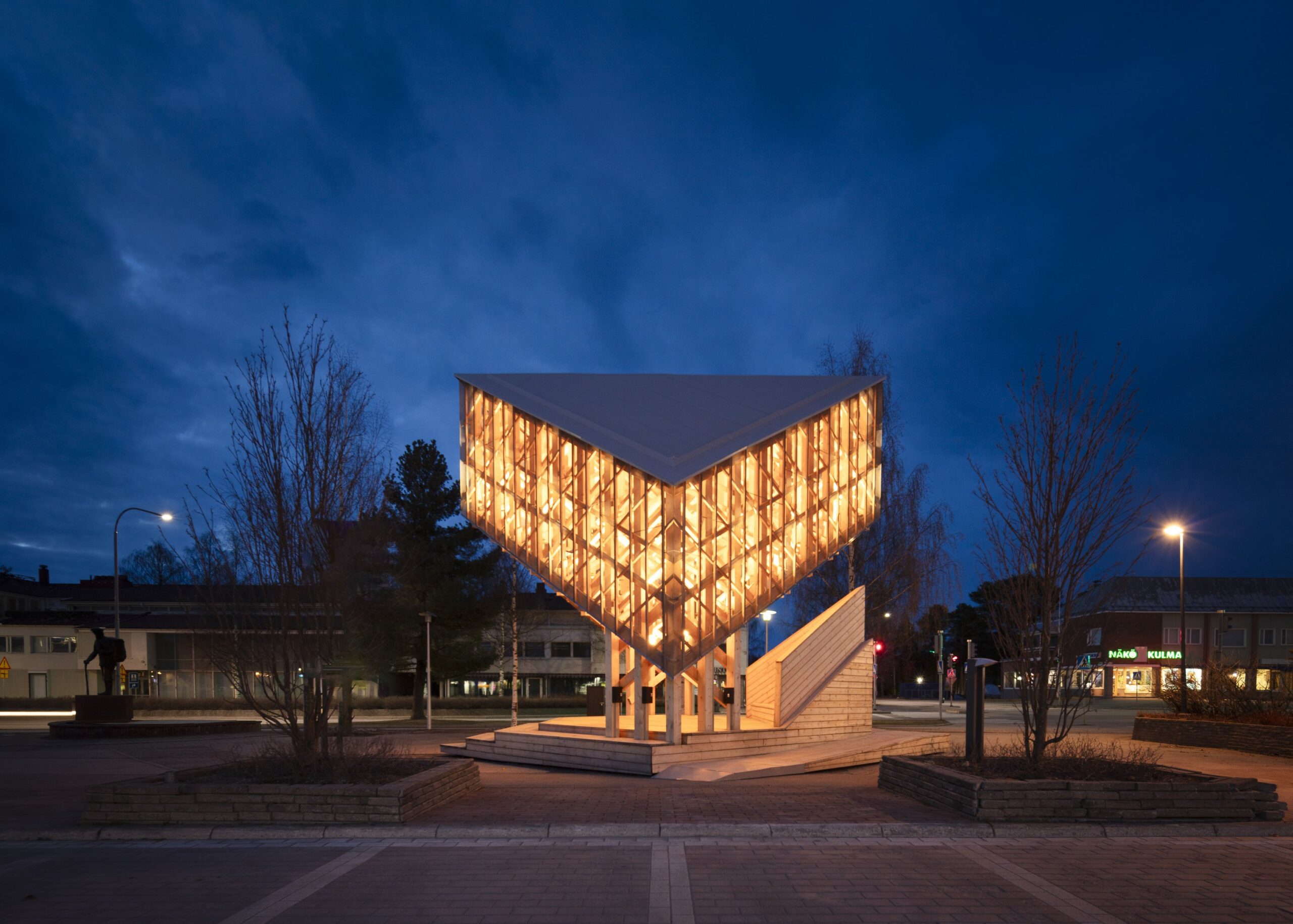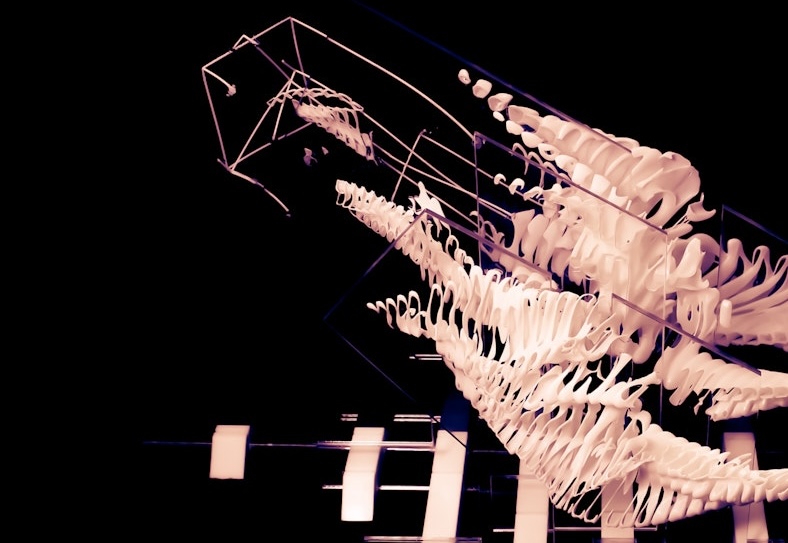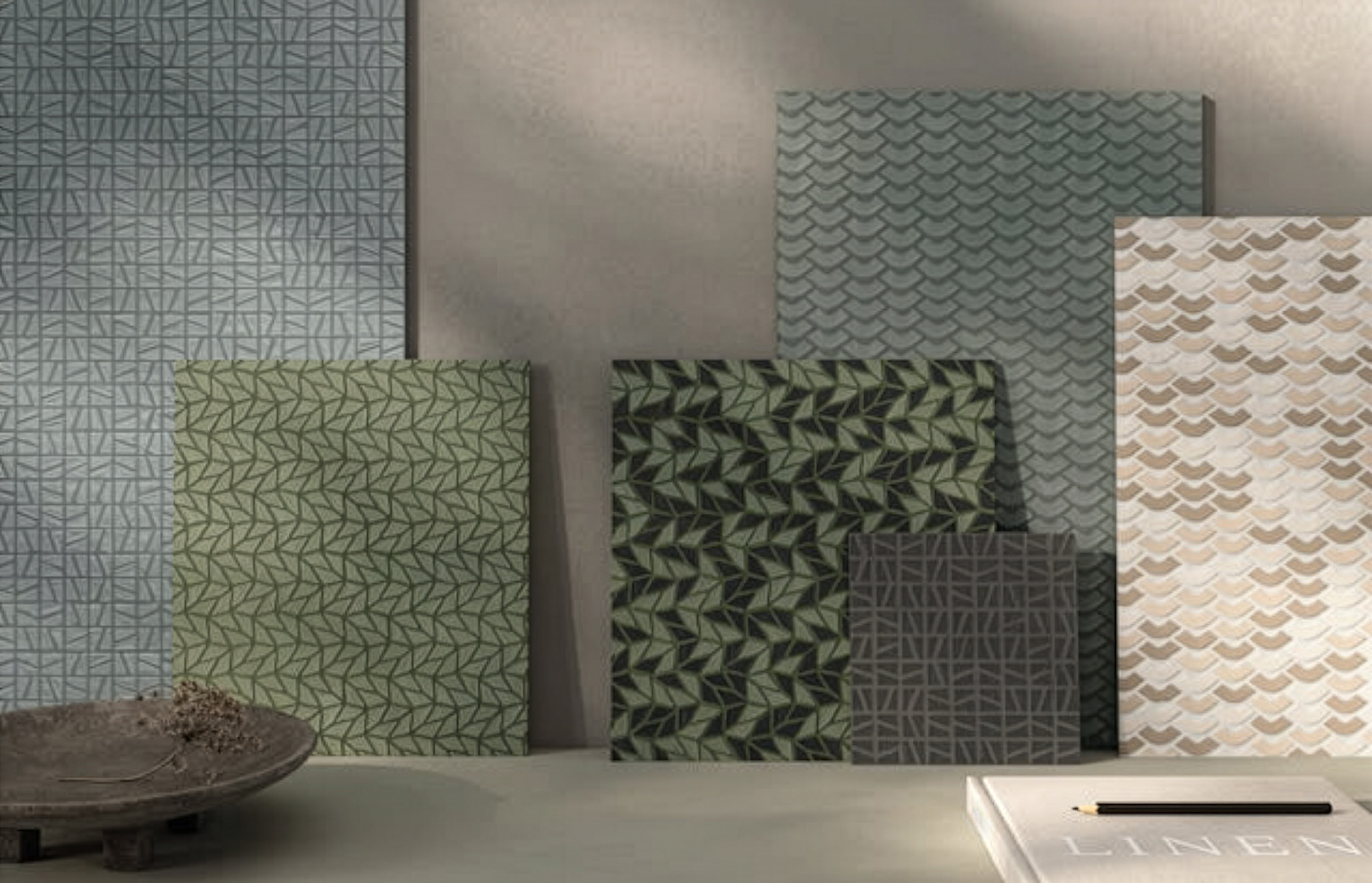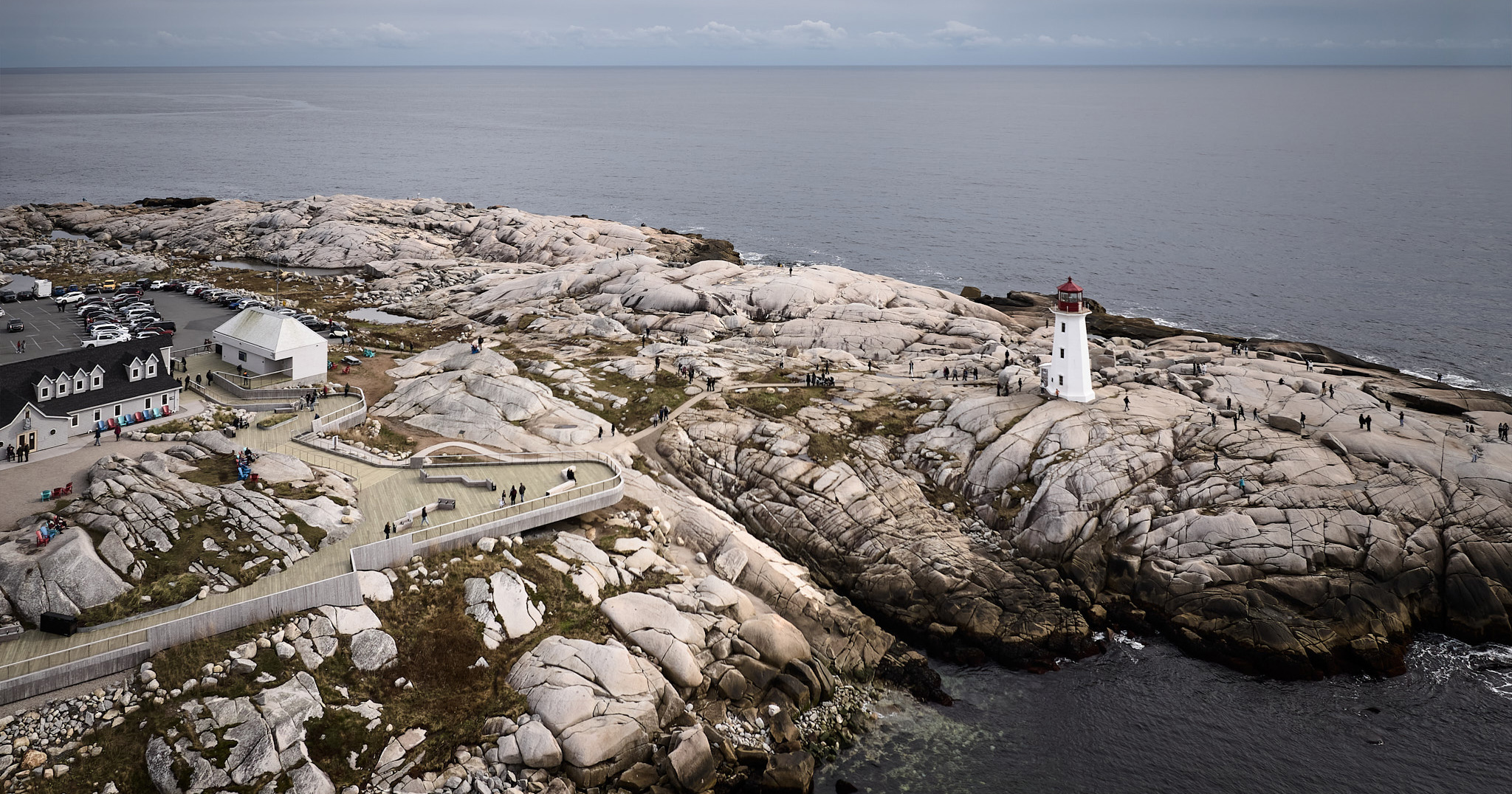Single layer of stone brick forms arched installation by Hawkins\Brown and Webb Yates


Architecture studio Hawkins\Brown and engineering firm Webb Yates have created two hyperbolic arches made from bricks of unwanted stone at Clerkenwell Design Week in London.
Named Brick from a Stone: Arch Revival, the two arches were installed on Clerkenwell Green with the aim of celebrating the beauty and versatility of British stone.

Reaching four metres tall, the freestanding arches were made from a single layer of 102 millimetre-thick bricks made from stone that had been quarried but not used due to geological variations.
Built atop seating carved from solid stone, one of the brick arches was made from varying shades of sandstone sourced from supplier Hutton Stone, while the other was made from Heritage Portland Stone bricks from Albion Stone's quarry in Dorset.

A pixelated pattern was made on the outside of the arches with T-shaped bricks.
According to Webb Yates and Hawkins\Brown, the stone arches have 66 per cent less embodied energy than if they were made from traditional clay-fired bricks, which have to be heated to high temperatures.
"Stone has the potential to replace many fossil fuel-era construction materials – a beautiful and natural material solution to our climate problems and a synthesis of craft technology and nature," Webb Yates cofounder Steve Webb told Dezeen.
"Our addiction to brickwork is nonsensical and terrible for the environment," he added. "Stone bricks might be a great transition material to wean us off the bad stuff."

The slim structures was created using a catenary curve, which follows the shape of a rope hanging freely from two fixed points, said Webb
"These structures are often referred to as antifunicular – funicular meaning rope-like," he said.
"A hanging rope naturally adopts this mathematic form that is inversely a perfect, efficient compression structure," Webb continued. "Form is a fabulously interesting and beautiful way of cutting material and carbon."

Brick from a Stone: Arch Revival was created for this year's Clerkenwell Design Week, which ended on 22 May. Hawkins\Brown and Webb Yates plan to relocate the installation to the London Cancer Hub in Sutton and showcase it as part of the upcoming London Festival of Architecture in June.
Other installations at this year's Clerkenwell Design Week included a glowing 3D-printed structure by Arthur Mamou-Mani and an undulating brick facade by artist Chinneck, which was designed to look like a Georgian house sitting down.
Last year, Webb Yates presented a post-tensioned stone frame at the Royal Academy of Arts summer exhibition.
The photography is by Will Pryce.
Clerkenwell Design Week 2025 took place from 20 to 22 May 2025 at various locations across London, UK. Visit Dezeen Events Guide for more global architecture exhibitions, events and talks in architecture and design.
The post Single layer of stone brick forms arched installation by Hawkins\Brown and Webb Yates appeared first on Dezeen.




















































